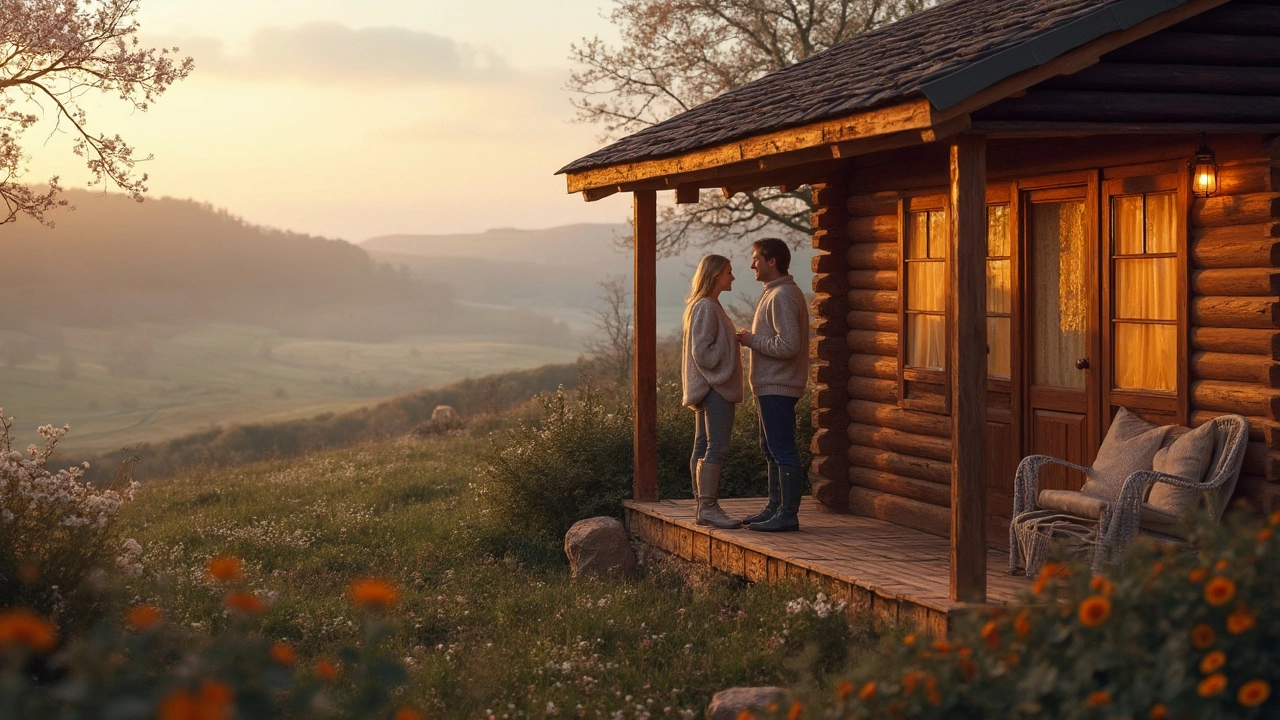Curious if romantic cabins are actually cheaper than a typical hotel stay? This article breaks down real costs and factors, from nightly rates to hidden fees, giving you the tools to make smart travel choices. Get tips on booking the best deals for cozy cottages and discover what those extra perks are really worth. Perfect if you're planning a couple’s retreat and want to stretch your budget. Find out why cabins can sometimes save you money—if you know what to look for.
Travel Costs: How to Keep Your Trip Budget Friendly
Planning a getaway can feel pricey, but it doesn’t have to drain your wallet. The trick is to know where your money goes and then target the biggest leaks. Below you’ll find straight‑forward steps to break down travel costs and practical ways to trim them without sacrificing fun.
Break Down Your Biggest Expenses
First, list the four main buckets most travellers spend on: transport, lodging, food, and activities. Transport includes flights, trains, car hire, petrol and rideshares. Lodging ranges from hotels and B&Bs to self‑catering cottages – the type you choose can swing your total cost massively.
Food is another huge factor. Eating out for every meal adds up fast, while buying groceries and cooking yourself can cut the bill in half. Finally, activities – tours, museum tickets, adventure sports – often come with hidden fees. Knowing the average price for each bucket helps you set a realistic budget before you even book.
Use a simple spreadsheet or a budgeting app. Enter your estimated spend, then compare it with actual costs once you return. The more detail you capture, the easier it is to spot where you overspent and where you saved.
Smart Ways to Save on the Road
Now that you know where the money goes, here are proven tricks to keep those numbers low. Book transport early and be flexible with dates; mid‑week flights are usually cheaper than weekend ones. Consider budget airlines, but watch out for extra fees for baggage and seat selection – those can erase the savings.
For lodging, think beyond big chains. Self‑catering cottages, such as those listed on Retallack Retreats, often offer lower nightly rates and a kitchen, so you can cook your own meals. Booking directly with the owner can also shave off commission fees that third‑party sites add.
When it comes to food, hit local markets for fresh produce. A simple breakfast of fruit, toast, and coffee costs pennies compared to a hotel buffet. Pack snacks for day trips – a granola bar or fruit saves you from pricey café stops.
Activities can be trimmed by looking for free or low‑cost options. Many towns have free walking tours, parks, and museums with no entry fee. If you want a paid experience, book online in advance – prices are often lower than buying tickets on site.
Lastly, don’t forget the small extras that add up: travel insurance, roaming charges, and airport transfers. Use a travel credit card with no foreign transaction fees, and pre‑book a shuttle or use public transport instead of a taxi.
By breaking down your costs, tracking them, and applying these saving hacks, you’ll stay well within budget and still enjoy a great holiday. The next time you start planning, grab a notebook, write down the four buckets, and start hunting for the best deals. Your future self will thank you when the souvenir shop isn’t the only thing you can afford.
